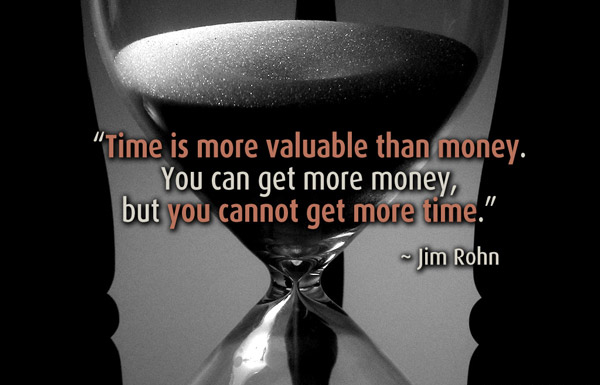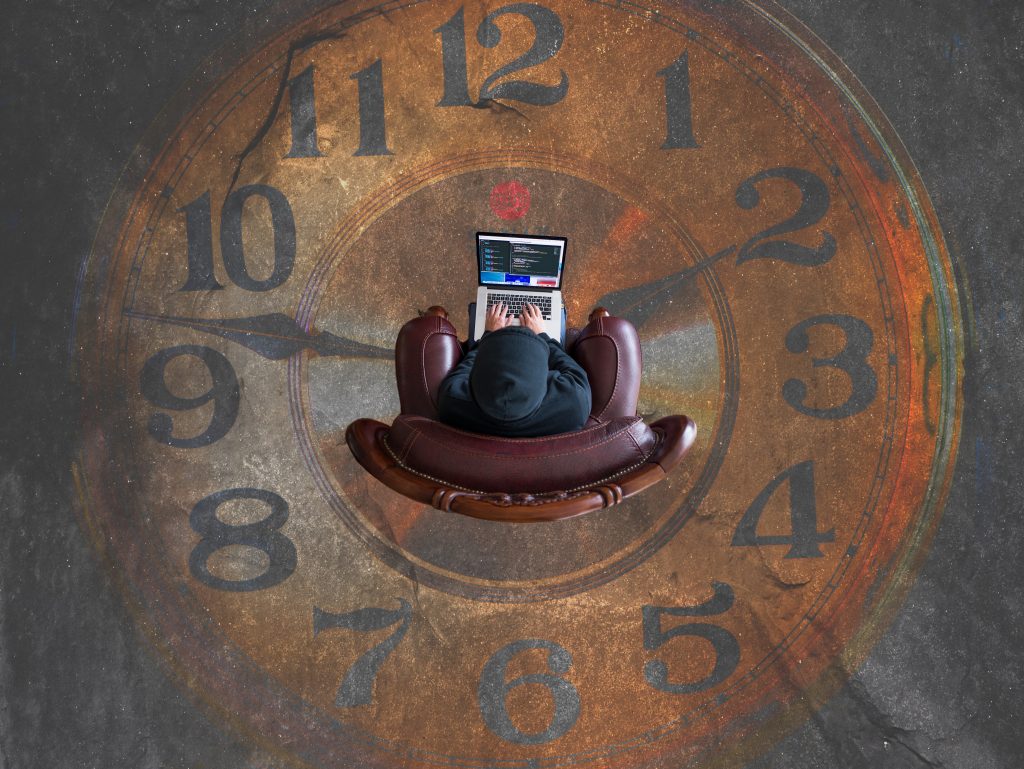Self-employment is Scary Enough Without the Time Monster Chasing You
With this being Halloween season there are a lot of scary things out there. Managing your time as an entrepreneur doesn’t have to be one of them.

Over the past few weeks, we’ve discussed time management and how to keep it from being as complicated as rocket science. The first thing was being intentional and taking control of it.
The problem isn’t a lack of time…it’s a lack of self-control.
The second thing we discussed was getting your priorities in order and not letting the hot fires have control. It is easy to get distracted by all the things there are to do. Sometimes we need to fight hot fires, but it’s up to us to be clear on which fires are the priority.
It’s a matter of clarity before the fires even start.
My core values are a large part of my clarity of which fires are the most important and when. One of those core values is spending time wisely because there’s a limited amount. This is the third thing needed to be successful with managing time.
Depending on our abilities, desires and needs, we can make more money, make more friends, find more work, design new things, discover new ideas. Not that those things are easy, but they can be done.

With TIME…. you’ve got what you’ve got and there ain’t no more.
Here are 5 reasons why so many struggle with this –
- Trying to do too many things
- Lack of focus
- Not saying NO!
- Trying to do it all by myself
- Procrastination
(You can get more details about these reasons here)
God has given each of us this TIME to spend and He has given us the right amount for everything, Ecclesiastes 3. It’s up to us to spend it wisely!
With time being such a valuable commodity, it’s critically important to spend it wisely.

What is Worth Your Time? Not, “what your time is worth”. This changes the perspective of how we spend our time. What things are most important for me to spend time doing. Is it a call from one of my kids, serving a customer by solving a problem, spending some time with a dying friend or doing some work for the church?
Once time is gone you can never get it back. Don’t waste the little that you have.
This isn’t to say that time doesn’t have a monetary value…because it does. It scared me a little when determined what my time was worth.
Based on my target revenue goal the year I determined that…
my time is worth…$2.23 per minute.
Remembering this gives me a heightened sense of focus.
What spending your time wisely looks like can only be determined by you.
Like most things, we make time management scarier than it really is. Don’t be afraid of the time monster. Just face it down and show it whose boss.

You’ve got this!















